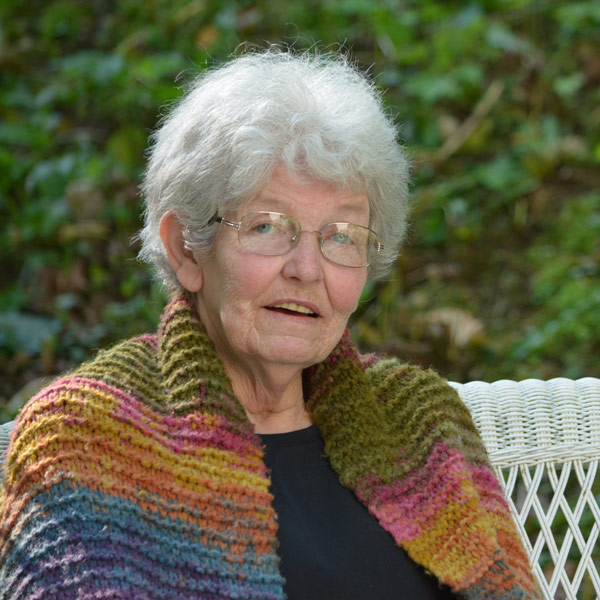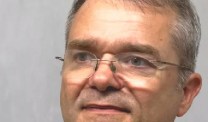How I’ve Survived Mesothelioma for Seven Years and Counting
Cancer & CaregivingWritten by Emily Ward | Edited by Walter Pacheco

This August marks seven years living with mesothelioma, a rare and incurable cancer that has given me a fresh perspective on life.
October 3 will mark seven years since my life-saving pleurectomy and decortication surgery performed by the late Dr. David Sugarbaker. That procedure and two follow-up rounds of chemotherapy have kept my life as normal and healthy as possible, given that a cancer still lives inside my chest.
The mesothelioma has recurred twice since my diagnosis in 2012. After a third round of chemotherapy took a toll on my body earlier this year, I elected to begin taking the immunotherapy drug Keytruda in April.
Looking back seven years to my diagnosis and early scans after treatment, my mindset has certainly changed. When I visit Dana-Farber now for scans, my mindset is simply, “It is what it is.”
With every scan, with every change in treatment, it has all played a role in me still being here seven years after I learned I had cancer. Whatever the doctors tell me, it’s OK because I know I’ve had longer than I or anyone else expected.
Thinking back to my surgery, I had real concerns of whether I would even wake up from the procedure. The pleurectomy and decortication took six hours and removed the lining of my lung and all visible tumor growth from my chest. It was intense, and the recovery was rough.
But I survived, and from that point on, I’ve looked at every day as a gift.
Specialized Care and Quality of Life Are Essential
When my mesothelioma diagnosis first sunk in, I knew it wasn’t curable.
My main concern was making the right treatment decisions for me. I wanted to choose treatments not just based on longevity of life but also quality of life.
I didn’t want the few extra months that chemotherapy may give me if I would feel miserable for those final weeks. I wanted no part of being bedridden or requiring home care in my final months just to be on this earth a little longer.
If the treatments worked, great, but only if I was still able to live my life. Sure, there have been adjustments. I had to quit my part-time job at my local pharmacy because I could no longer stand for long periods of time. I get exhausted from my trips to Boston for Keytruda infusions and scans.
But I’m still able to do many of the things I enjoy, such as eating out with friends and spending time working on crafts.
My best advice for recently diagnosed mesothelioma patients is to educate yourself. I would love if every patient had to take a basic human anatomy course so they could recognize and correlate information they hear from their doctor.
I know it can all be overwhelming, but you have to research and educate yourself about your cancer.
Find the mesothelioma specialist and cancer center that gives you the best chance at outliving your prognosis. It’s why I travel more than four hours round trip to Boston and Dana-Farber. It’s so important.
Ask plenty of questions. Take notes. Don’t be afraid to express concerns or flat-out turn a treatment option down.
It’s your life, and you have to make the decision that is best for you.
Don’t Dwell on the Past
I see people all the time that ask “Why me?” after a cancer diagnosis or another serious health condition. But I say why dwell on it?
That’s the way I operate. The past is the past, and you can’t change it. Why keep going back to past events and thinking about how you would do things differently? At the end of the day, it doesn’t matter. What’s done is done.
My cancer is likely linked to asbestos exposure from a renovation of a hospital I worked at in the 1970s. I never thought the dust stirred up from the construction would lead to a cancer diagnosis 40 years later.
Yes, it’s sometimes difficult not to go back to that time and think in what-ifs. What if I never worked there? What if we had been properly warned about the potential health risks?
But then I think, what’s the point? It changes nothing. My mesothelioma will never fully go away. I’ve accepted that.
Once you do that, what you do with the rest of your life — no matter how long that may be — is totally up to you. You’re in control of that, so make the most of it.






